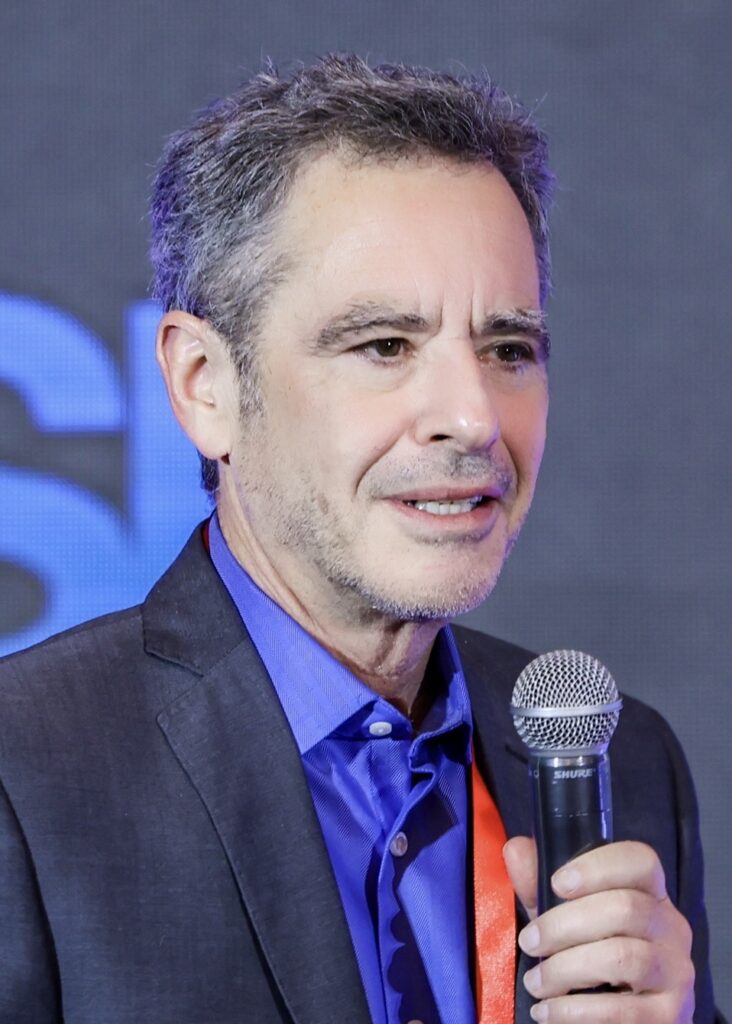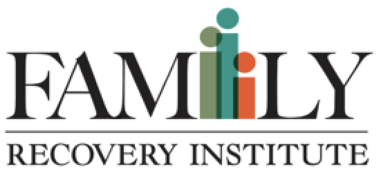Special Two (2) Evening Presentation – Sunday, May 18, 2025 & Thursday, May 22, 2025
NARRATIVE:
This workshop will provide a 6-hour interactive training translating the latest psychotherapy research into clinical practice. The workshop covers didactics on the therapeutic alliance, outcome monitoring, and includes an experiential skills training focused on therapeutic challenges unique to teletherapy. The workshop is geared towards seasoned clinicians across different treatment modalities and is focused on work with adult patient populations. The workshop includes many clinical examples (videos, transcripts, vignettes) to link research, theory and practice. The training workshop will take place in two parts: Sunday evening, and Thursday evening. It includes an individual online deliberate skills practice, and a 15 minute break each evening.
The workshop will consist of didactics of research and theory, followed by interactive practice of therapeutic skills. During the first meeting, the didactics will provide a summary of the latest research evidence and developments in the field of psychotherapy, including the therapeutic alliance and routine outcome monitoring by sharing. Participants will practice how to implement alliance and symptom measures into clinical practice. This first meeting will end with an individual deliberate practice exercise that will be provided via an online link. This practice will allow participants to put their newly learned skills to the test.
The second meeting will start with a didactic training regarding the unique therapeutic challenges and opportunities in teletherapy. This includes the latest evidence on deliberate practice, teletherapy process and outcomes, and psychotherapy skills. Participants will be asked to design deliberate practice exercises targeted to their unique strengths and weaknesses. The last part of this training will be in the form of an individual deliberate practice exercise that will be provided via an online link. This last practice will allow participants to put their new learnt skills into practice.
- Predictors of Treatment Outcomes
- Therapeutic Relationship
- Deliberate Practice
- Routine Outcome Monitoring
- Teletherapy Research
- Facilitative Interpersonal Skills Training
LEARNING OBJECTIVES:
- Participants will be able to describe the four main therapeutic challenges in teletherapy practice
- Participants will be able to describe the clinical benefits of using routine outcome monitoring in clinical practice
- Participants will be able to identify the eight common factor therapeutic skills that relate to the alliance and treatment outcomes.
- Participants will be able to demonstrate their own deliberate practice exercises to help them hone their therapeutic skills independently.
COURSE OUTLINE – 6 HOURS:
Day 1: 3 hours: 5:30 pm -8.30pm
5.30-7pm
Katie Aafjes-van Doorn will present didactic material: summary of the latest research evidence and developments in the field of psychotherapy, including the therapeutic alliance and routine outcome monitoring by sharing.
7pm -7.15pm
Participants will practice how to implement alliance and symptom measures into clinical practice. These practices will take place in small breakout rooms.
7.15pm-7.30pm:
Break
7.30-8.30pm
Participants will complete an individual deliberate practice exercise that will be provided via an online link. This practice will allow participants to put their newly learned skills to the test, and practice with different clinical scenarios.
Day 2: 3 hours: 5:30 pm- 8.30pm
5.30-7pm:
Katie Aafjes-van Doorn will provide didactic training regarding the unique therapeutic challenges and opportunities in teletherapy. This includes the latest evidence on deliberate practice, teletherapy process and outcomes, and psychotherapy skills.
7pm -7.15pm
Participants will be asked to design deliberate practice exercises targeted to their unique strengths and weaknesses.
7.15pm-7.30pm:
Break
7.30-8.30pm
Participants will complete an individual deliberate practice exercise that will be provided via an online link. This practice will allow participants to put their newly learned skills to the test, and practice with different clinical scenarios.
CONTENT CURRICULUM:
This workshop will build on the psychotherapy research taught at graduate programs, providing the participants with updated knowledge about the use and usefulness of teletherapy, and what we learnt from the research in the past 4 years.
The content of this workshop is designed for clinicians, and is directly applicable to psychotherapy practice. The workshop focuses on the therapeutic interaction between patient and clinician and how to make this as therapeutic as possible, within the context of teletherapy via videoconferencing.
This workshop is targeted for experienced clinicians who have had clinical experience with providing therapy either in-person or via videoconferencing, or both. The educational level is intermediate. The individual practices at the end of each evening allow for personalization to the exact clinical strengths and weaknesses of the participant.
The research evidence that will be presented is conducted by the presenter and her research team, which means she can present it with confidence. There are no risks to the research reported, but it will be limited by the clinical focus of the training. Moreover, it might be slightly biased towards a psychodynamic therapy approach, given the allegiance of the presenter/researcher.
Most of the research content that will be presented is biased towards white, female, middle-class, English-speaking samples of participants. However, the presenter will supplement this with research from China and Europe. The individual practice exercises have been designed to target a wide range of patients, and a wide arrange of clinical scenarios, addressing diversity in our patient populations.
BIO:
Dr Aafjes-van Doorn is the Area Head of Social Sciences and a Visiting Associate Professor of Psychology at NYU Shanghai. Dr Aafjes-van Doorn obtained a Doctoral degree in Clinical Psychology and MSc in Psychological Research, from the University of Oxford, United Kingdom, and a MSc in Clinical Psychology at the Vrije Universiteit Amsterdam, the Netherlands. She completed her research postdoc at Adelphi University, New York and joined the faculty of the Graduate School of Psychology, Yeshiva University, New York, as Assistant Professor and recently was promoted to Associate Professor. She is Associate Editor for the journal Clinical Psychology: Science & Practice, and the co-founder of Deliberate AI, a technology company that develops multimodal AI measurements for mental health. She has published over 70 peer reviewed papers, co-authored several books and book- chapters, and is a regular speaker at (inter)national conferences. She is a licensed clinical Psychologist in the UK and USA. Dr. Aafjes-van Doorn’s work is in the intersection of technology and clinical practice, translating this to improved patient outcomes. As an internationally licensed clinician and researcher, she offers a global perspective on mental health research, education and practice. She focuses on psychotherapy research and training, especially with regards to the therapeutic relationship and the use of new technologies in this space.
COST:
CIP Members:
$120 early registration 10 business days prior to seminar; $150 after
Non-Members:
$150 early registration up to 10 business days prior to seminar, $180 after
CEs: 6 CEs for LMFTs, LCSWs, LPCC’s and 6 CE’s for Psychologists. Participants must attend the full live session and complete the evaluation at the end to receive a CE completion certificate.
The Community Institute for Psychotherapy is approved by the American Psychological Association to sponsor continuing education for psychologists. The Community Institute for Psychotherapy maintains responsibility for these programs and their contents.
Accommodations will be made wherever possible for those with disabilities. Please let us know of any disabilities upon registration to ensure proper accommodations are put in place prior to the workshop/training.
Cancellations must be received in writing 10 business days prior to the seminar, class, or first study group session for a refund minus a $25 cancellation fee. Cancellations less than ten days will not be refunded.
Grievance Procedure: CIP will respond to complaints in a reasonable, ethical and timely manner, when submitted by program attendees in writing to the Chair of CIP’s Professional Development Committee.
Anti-Discrimination Policy: CIP shall not discriminate against any individual or group with respect to any service, program or activity based on gender, race, creed, national origin, sexual orientation, religion, age or other prohibited basis. CIP does not require attendees to adhere to any particular religion or creed in order to participate in training. CIP will not promote or advocate for a single modality of treatment that is discriminatory or likely to harm clients based on current accepted standards or practice.
*There is no conflict of interest or commercial support related to this CE program.













